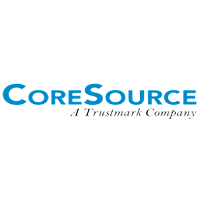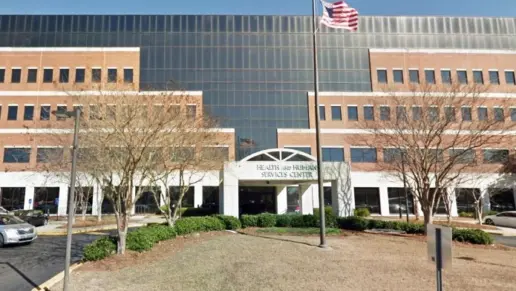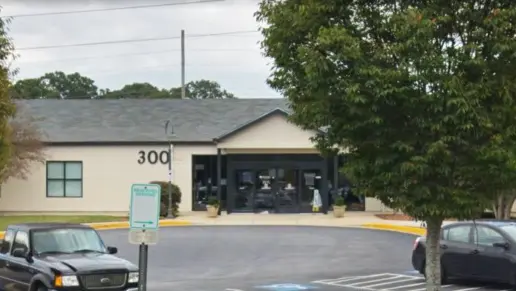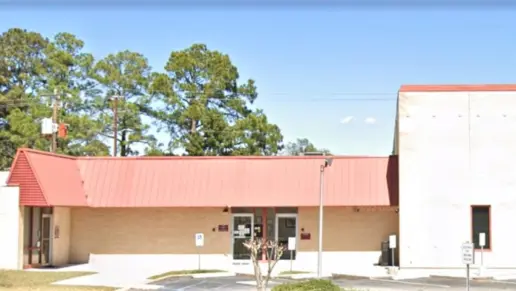About Recovery Place
Recovery Place is a drug and alcohol rehabilitation center in Savannah, Georgia. The facility is staffed with 45 licensed clinicians and has been helping clients with addiction for over 30 years. Patients can have access to recovery services in person or through virtual care. The behavioral health services that are provided at Recovery Place include residential services, detoxification services and day treatment. An eight week educational program is available for families to learn more about what they can do to help a family member struggling with addiction. Gender specific services are also available with men’s residential services and women’s services.
A counselor will evaluate all clients’ physical, emotional and psychological health for 60 to 90 minutes. Based on the problems that a patient has, staff members will perform an additional assessment, such as a substance use disorder assessment or a biopsychosocial assessment. If the clinician advises treatment, the staff will help clients get started with the admissions process or recommend alternative recovery assistance options. Clients who are recommended for inpatient treatment will spend 28 days in a structured setting solely focusing on their healing. Patients will be placed at a downtown condominium near the treatment center and participate in cognitive behavioral therapy, support groups and detoxification if necessary.
I like that Recovery Place has unique programs available, such as the professional resource program and the survivors’ workshop therapy program. The professional resource program designs addiction treatment for patients in safety sensitive professions such as doctors, dentists and pilots. The survivors’ workshop therapy program is designed to help patients overcome core issues that are restricting their recovery, including trauma and childhood abuse.
Latest Reviews
Rehab Score
Gallery
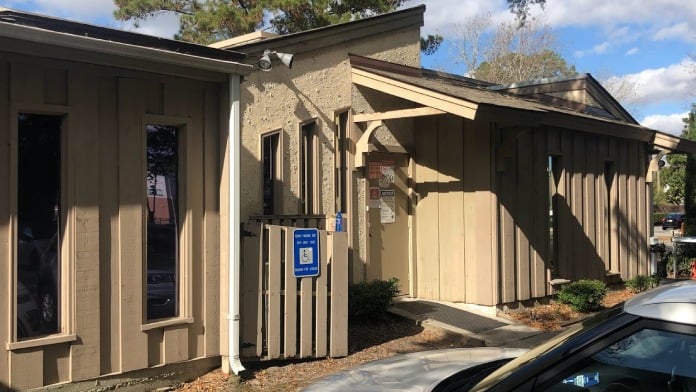
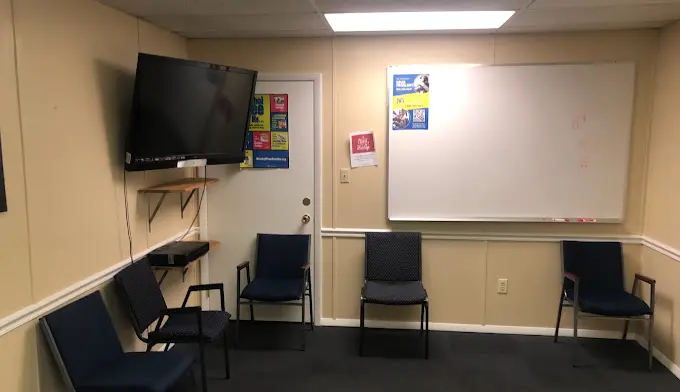
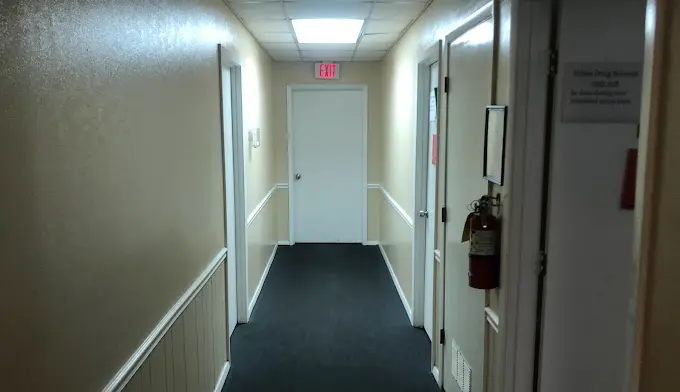
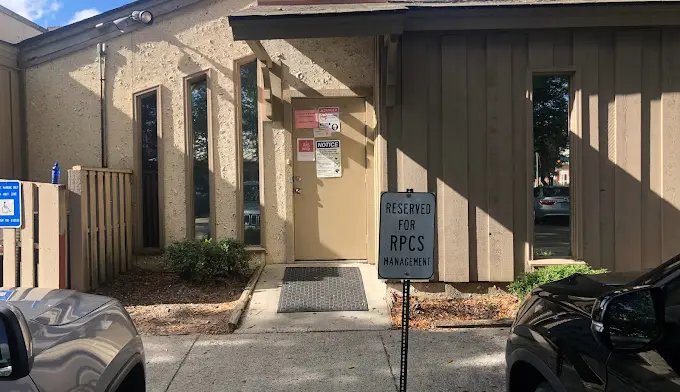
Location
Accepted Insurance


Other Forms of Payment
Private insurance refers to any kind of healthcare coverage that isn't from the state or federal government. This includes individual and family plans offered by an employer or purchased from the Insurance Marketplace. Every plan will have different requirements and out of pocket costs so be sure to get the full details before you start treatment.
Self-pay involves paying for treatment out of your own pocket. You can use savings or credit, get a personal loan, or receive help from family and friends to fund your treatment. If you don't have insurance or your insurance plan doesn't cover a specific program, self-pay can help ensure you still get the care you need.
Military members, veterans, and eligible dependents have access to specific insurance programs that help them get the care they need. TRICARE and VA insurance can help you access low cost or no cost addiction and mental health treatment. Programs that accept military insurance often have targeted treatment focused on the unique challenges military members, veterans, and their families face.
Medicaid is a state based program that helps lower-income individuals and families pay for healthcare. Medicaid covers addiction treatment so those enrolled can use their coverage to pay for rehab. When a program accepts Medicaid the client often pays very little or nothing out of their own pocket.
Addiction Treatments
Levels of Care
Treatments
The goal of treatment for alcoholism is abstinence. Those with poor social support, poor motivation, or psychiatric disorders tend to relapse within a few years of treatment. For these people, success is measured by longer periods of abstinence, reduced use of alcohol, better health, and improved social functioning. Recovery and Maintenance are usually based on 12 step programs and AA meetings.
A quality drug rehab in Georgia can help you overcome addiction. This environment is designed to help you address the complex issues contributing to drug dependence. The goal of treatment is to give you the tools you need to make a full recovery.
Many of those suffering from addiction also suffer from mental or emotional illnesses like schizophrenia, bipolar disorder, depression, or anxiety disorders. Rehab and other substance abuse facilities treating those with a dual diagnosis or co-occurring disorder administer psychiatric treatment to address the person's mental health issue in addition to drug and alcohol rehabilitation.
Substance rehabs focus on helping individuals recover from substance abuse, including alcohol and drug addiction (both illegal and prescription drugs). They often include the opportunity to engage in both individual as well as group therapy.
Programs



Clinical Services
While cognitive behavioral therapy in Georgia is unique for each person, this therapy follows a standard structure that has proven effective. Clients first learn about their substance use disorder, then learn and practice techniques such as coping, stress management, and resilience to change their thought and behavior patterns.
While each person is unique, the typical length for dialectical behavior therapy is six months to a year. You'll attend weekly hour long individual sessions with your therapist, as well as weekly group sessions. Homework between sessions often includes keeping a diary to track your emotions and behaviors. Your therapist uses this diary to guide the focus of each session.
Group therapy is any therapeutic work that happens in a group (not one-on-one). There are a number of different group therapy modalities, including support groups, experiential therapy, psycho-education, and more. Group therapy involves treatment as well as processing interaction between group members.
In individual therapy, a patient meets one-on-one with a trained psychologist or counselor. Therapy is a pivotal part of effective substance abuse treatment, as it often covers root causes of addiction, including challenges faced by the patient in their social, family, and work/school life.
During rehab in Georgia, you may engage in motivational interviewing. This typically lasts one to two sessions and is designed to address any ambivalence you have toward change. It helps you explore your current situation and motivations and commit to making changes for the future.
In trauma therapy, you address the emotional and psychological effects of traumatic events in your life. Your therapist provides you with the tools you need to process those memories and reduce the symptoms. This helps improve your overall mental health and functioning.
The skills you learn in couples therapy are designed to help you successfully address relationship challenges as they arise. These skills can include anger management, conflict resolution, communication, and problem solving.
During family therapy sessions in Georgia, members address the emotional toll that addiction has had on them. Therapists help your family develop coping strategies and improve the family unit's communication. This provides a stable environment that supports the recovery process.
Staff & Accreditations
Staff

CEO

COO, Clinical Director

Program Director Outpatient Level 3 Services

Program Director Chatham County DUI Court

Program Director Acute Residential Services

Program Director Women’s Services

Program Director RPCS Outpatient Services

Program Director Chatham County Drug Court

Practice Manager

Billing Manager

Financial Counselor
Accreditations

The Commission on Accreditation of Rehabilitation Facilities (CARF) is a non-profit organization that specifically accredits rehab organizations. Founded in 1966, CARF's, mission is to help service providers like rehab facilities maintain high standards of care.
CARF Accreditation: Yes
Contact Information
515 East 63rd Street
Savannah, GA 31405










